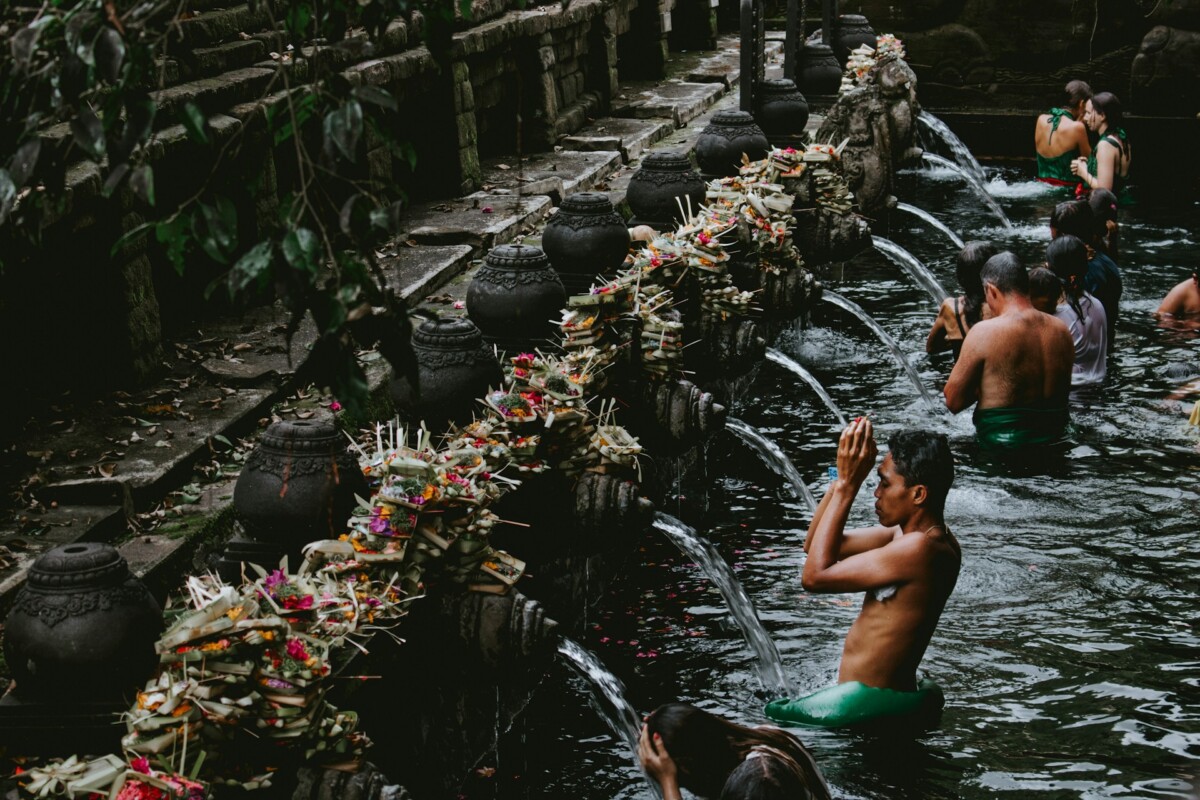Canggu Boosts Sustainable Tourism with Cultural Villages and Tattoo Scene

Political representatives from Badung Regency in Bali convened to deliberate on the potential of establishing tourism villages in the Canggu district. Canggu has experienced a swift rise in tourism over the past seven years, prompting local authorities to seek ways to maintain the region’s cultural and heritage values.
Former Governor of Bali, Made Mangku Pastika, advocated for the recognition of Canggu’s Traditional Village as an official tourism village, to better manage it and secure additional funding aimed at preserving its cultural and natural environments.
Pastika, alongside the Head of Canggu Traditional Village, I Wayan Suarsana, and the Director of Baga Utsaha Padruwen Traditional Village in Canggu, Ni Kadek Dwi Indah Paramita, emphasized the benefits Canggu has garnered from its tourism boom. Yet, they underscored the need for improved sustainability and enhanced living conditions for locals. Pastika expressed the value of provincial assets, particularly agricultural lands like rice paddies, which contribute to food production and add a natural contrast to the tourism infrastructure.
Ni Kadek Dwi Indah Paramita noted that since the establishment of Baga Utsaha Padruwen Traditional Village in 2022, the village has generated significant revenue from local businesses, contributing to village taxes.
The dialogue also covered waste management issues, a pressing concern for Canggu. I Wayan Suarsana shared plans for a major waste processing site and highlighted local initiatives like waste banks. He also mentioned the potential collaboration with entrepreneurs to position Canggu as a model area for waste management, pending land acquisition from the provincial government.
Furthermore, Suarsana outlined financial goals for the Traditional Village, including the ambition to significantly increase the village’s income to enable asset acquisition and improve the economic conditions of residents.
Canggu’s transformation from a serene fishing village to a bustling tourism hotspot, complete with prominent attractions like Atlas Beach Club, has been remarkable. As Bali continues to pursue sustainable and culturally sensitive tourism practices in 2024 and beyond, Canggu represents both challenges and opportunities in balancing development with preservation.
The Tattoo Scene in Canggu and its Role in Sustainable Tourism
Canggu is known for its beaches and clubs and its vibrant tattoo scene. The proliferation of tattoo studios in Canggu has become a significant part of the local culture and economy. These studios, recognized for their high artistry and hygiene standards, attract international tourists and local residents.
The tattoo studios in Canggu can play a pivotal role in promoting sustainable tourism. By emphasizing the use of sustainable practices, such as eco-friendly inks and energy-efficient operations, these studios can set a standard for environmental responsibility in the tourism sector. Additionally, by collaborating with local artists and promoting traditional Balinese motifs, they help preserve and celebrate the island’s cultural heritage.
Moreover, tattoo studios in Canggu contribute to the local economy not only by attracting tourists but also by creating employment opportunities for artists and support staff. Integrating business with culture and sustainability helps ensure that tourism development in Canggu remains balanced and beneficial to all stakeholders involved.
As Canggu evolves, its tattoo studios stand as exemplars of how creative industries can align with sustainable tourism goals, thereby enhancing Canggu’s appeal as a destination that respects its cultural roots and its natural environment.


